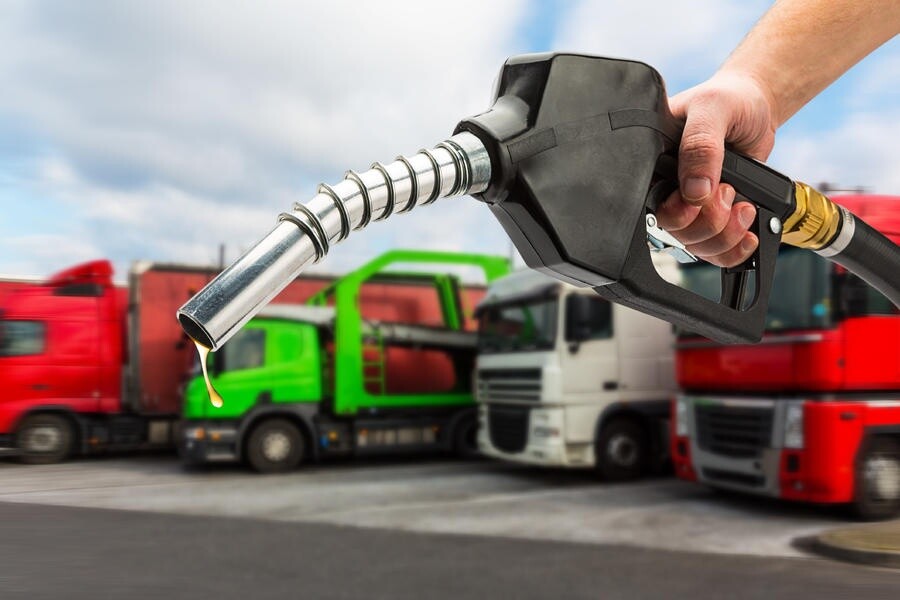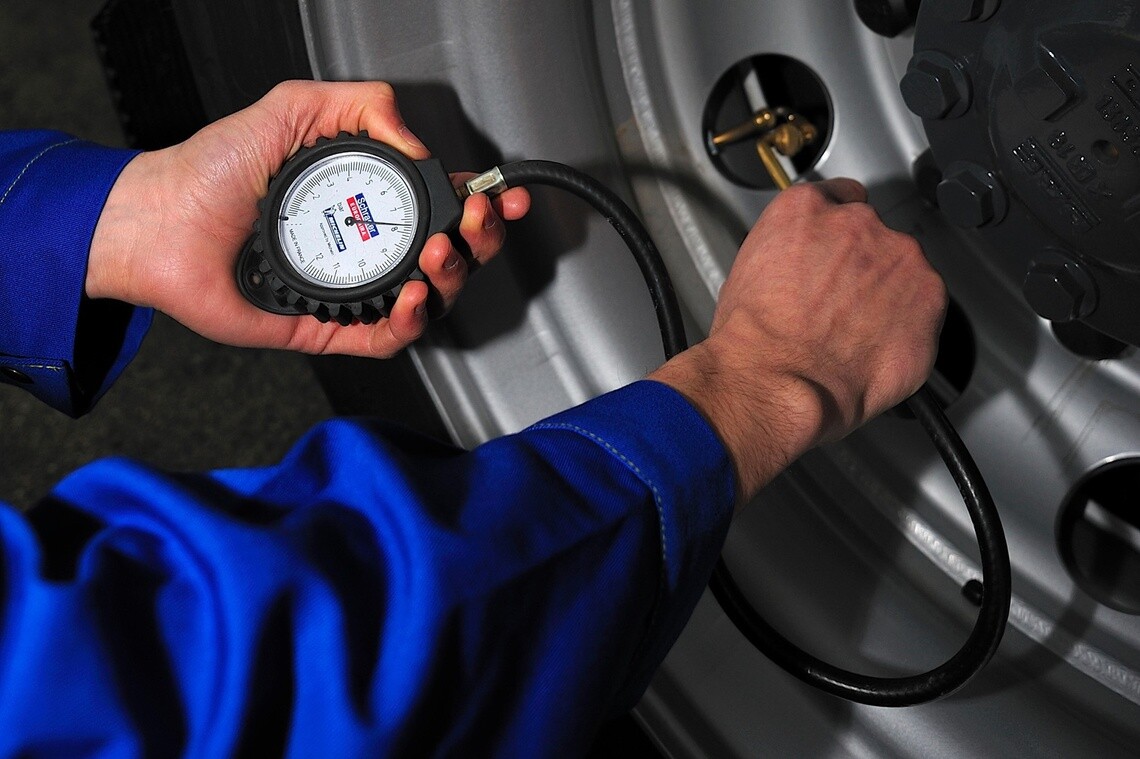
Reducing fuel cost
Reducing Fuel Costs and Maximising Savings: How Tyre Selection Impacts Fuel Efficiency for Truck Fleets
Published on 10 January 2025 - 5 minute(s) read

fuel efficient tyres truck fleets 1
In today's economic climate, with rising fuel prices and inflation, managing operating costs is more critical than ever for truck fleets. One often overlooked factor that can significantly impact fuel efficiency and overall costs is tyre selection. This article explores how choosing the right fuel efficient tyres can help reduce fuel consumption, lower operating costs, and enhance the total cost of ownership (TCO) for truck fleets.
How Do Tyres Affect Fuel Efficiency?
Tyres play a crucial role in a vehicle's fuel efficiency. The right tyres can reduce rolling resistance, which is the energy lost as the tyre rolls on the road. Lower rolling resistance means the engine doesn't have to work as hard, leading to better fuel economy. Fuel efficient tyres are designed to minimise this resistance, helping fleets save on fuel costs.

fuel efficient tyres truck fleets 2
What Tyre Characteristics Affect Fuel Consumption?
Several tyre characteristics can influence fuel consumption:
- Tread Design: Tyres with optimised tread patterns can reduce rolling resistance and improve fuel efficiency.
- Tyre Pressure: Maintaining the correct tyre pressure is essential for optimal fuel efficiency. Under-inflated tyres increase rolling resistance and fuel consumption.
- Tyre Composition: The materials used in tyre construction can affect fuel efficiency. Advanced compounds can enhance performance and reduce energy loss.
Can Changing Tyres Really Make a Difference in Fuel Savings?
Yes, changing to fuel efficient tyres can make a significant difference in fuel savings. Studies have shown that using tyres designed for fuel efficiency can reduce fuel consumption by up to 4%. For truck fleets, this can translate into substantial cost savings over time.
What are Fuel Efficient Tyres?
Fuel efficient tyres are designed to reduce rolling resistance, which helps improve fuel economy. These tyres often feature advanced tread designs and special rubber compounds that minimise energy loss. Understanding fuel efficient tyre ratings can help fleet managers choose the best options for their vehicles.
Are Fuel Efficient Tyres Worth It?
Investing in fuel efficient tyres is worth it for truck fleets looking to reduce operating costs. While these tyres may have a higher upfront cost, the savings in fuel consumption and extended tyre life can offset the initial investment. Over time, the reduced fuel costs and lower total cost of ownership make fuel efficient tyres a smart choice.
What is the Role of Tyre Maintenance in Improving Fuel Efficiency?
Proper tyre maintenance is vital for maximising fuel efficiency. Regularly checking and maintaining correct tyre pressure, ensuring proper alignment, and rotating tyres can help maintain optimal performance and fuel economy. Well-maintained tyres not only improve fuel efficiency but also extend tyre life, reducing replacement costs.

fuel efficient tyres truck fleets 3
How Do Tyres Impact the Total Cost of Ownership (TCO) for Truck Fleets?
Tyres significantly impact the total cost of ownership for truck fleets. Fuel efficient tyres can lower fuel costs, while proper maintenance can extend tyre life and reduce replacement expenses. By investing in the right tyres and maintaining them properly, fleets can achieve better fuel economy, lower operating costs, and improved overall profitability.
In the current context of inflation and increased fuel prices, selecting the right tyres is more important than ever for truck fleets. Fuel efficient tyres can help reduce fuel consumption, lower operating costs, and enhance the total cost of ownership. By focusing on tyre selection and maintenance, fleets can achieve significant savings and contribute to a more sustainable future.
FAQ on Tyres and Fuel Efficiency
Tyres play a crucial role in fuel efficiency. Properly inflated and well-maintained tyres reduce rolling resistance, which means the engine doesn't have to work as hard to move the vehicle, leading to better fuel economy.
Several tyre characteristics impact fuel consumption, including:
- Rolling Resistance: Lower rolling resistance reduces the energy required to move the vehicle.
- Tyre Tread: Tread patterns and depth can influence grip and rolling resistance.
- Tyre Pressure: Under-inflated tyres increase rolling resistance and fuel consumption.
- Tyre Size and Weight: Larger and heavier tyres can increase fuel consumption.
Yes, changing to tyres designed for fuel efficiency can make a significant difference. Low rolling resistance tyres are specifically engineered to reduce energy loss, which can lead to noticeable fuel savings over time.
Regular tyre maintenance is essential for optimal fuel efficiency. This includes:
- Maintaining Proper Tyre Pressure: Ensuring tyres are inflated to the recommended levels.
- Regular Alignment and Balancing: Keeping tyres aligned and balanced to reduce uneven wear and rolling resistance.
- Routine Inspections: Checking for damage, wear, and proper tread depth.
Tyres significantly impact the TCO for truck fleets. Efficient tyres can reduce fuel costs, extend tyre life, and decrease maintenance expenses. Investing in high-quality, fuel-efficient tyres and maintaining them properly can lead to substantial savings in the long run.

gettyimages 930571046
car going fast on a road by night




